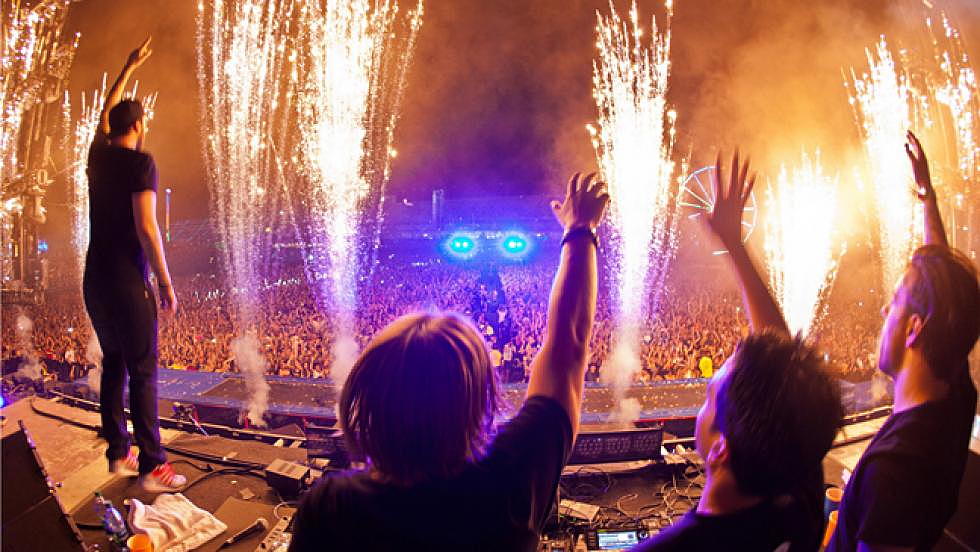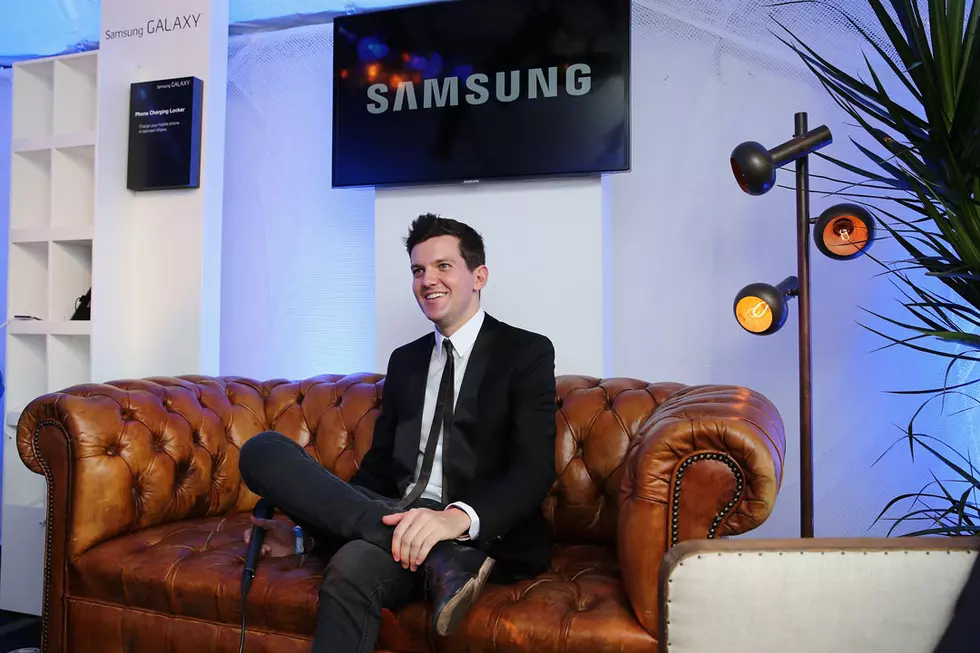
2011: The Year EDM (finally) Broke in America
The Hollywood Reporter’s Charlie Amter penned a comprehensive look at how electronic music blew up, (and actually made money), in 2011, and it’s a fascinating glimpse into the industry side of the genre’s rapid expansion. Check these five highlights from the piece, and read the whole article here.
On the Rise of Electric Daisy: “In the coming weeks, [parent company] Insomniac, which already announced a return to Las Vegas for its crown jewel summer blowout (presales have been strong) is expected to soon announce a massive expansion of the Electric Daisy Carnival concept, with 2012 stops planned for the highly populated East Coast corridor and Brazil, although not all will be EDC-branded.”
On Massive Venues and Small Production Budgets: “When it comes to DJ-based electronic music experiences in a live setting, large-scale events, be it 20,000-seat arenas or 70,000-capacity stadiums, are increasingly where the movement is heading, in part because the overhead is so much lower -- a DJ needs little more than a laptop, as opposed to a pop star like Lady Gaga who requires a few dozen trucks’ worth of production and gear (although some DJs, such as Swedish House Mafia and Kaskade, are investing in ever more complex lighting rigs).”
On the Masses: “Fans are devotional in a way the big music labels are only recently starting to understand. Take, for example, Miami’s three-day Ultra Music Festival, which last year featured more than 130 acts. It’s already at 70 percent capacity in presales, say promoters, who haven’t even revealed the talent lineup yet. “Last year, we sold out six weeks prior [to the event],” says Russell Faibisch, co-founder of the fest, which launched in 1999. “This year, we sold 100,000 tickets within the first week, and we haven’t even announced one artist yet.” Ultra’s website crashed briefly after more than 1 million page views put the squeeze on its servers as fans snapped up early-bird tickets.”
On the Club Shows: “In Los Angeles, one venue co-owner remodeled his entire club to better serve dance music fans in addition to the Music Box's busy weekly schedule serving rock fans at traditional live gigs, which sell slower and are less profitable (no VIP “table service” at an indie rock concert). “It’s amazing what’s happening,” says Kobi Danan of Hollywood’s Music Box. “The minute we put the tickets on sale for some of these [electronic] artists they sell out…we don’t event have to spend any money advertising or marketing on acts like Nero,” he said, adding that he does “eight times the business” at the bar on a dance music night versus a typical rock or rap gig where fans leave as soon as the show is over.
On the Cause: “What does the promoter attribute the large ticket sales, surprising to almost all industry watchers? Social media, in part. ‘They have this open dialog with their fans, more than rock bands,” [Austin-based promoter Huston Powell] said of DJs that boast formidable Facebook and Twitter followings. “They just tell their people they’re coming, and the fans come.”
Via the Hollywood Reporter
More From Elektro Daily









